by Daniel Hathaway
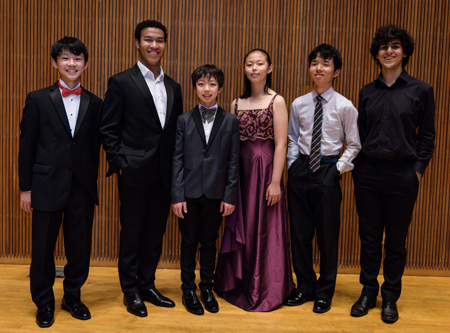
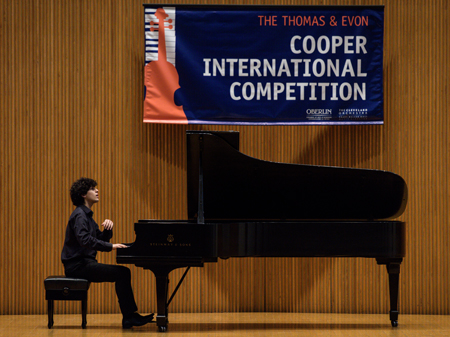
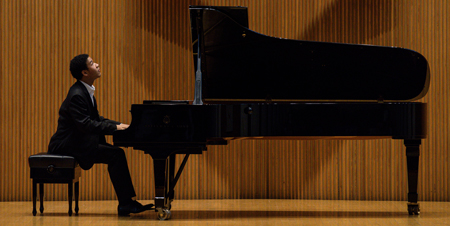
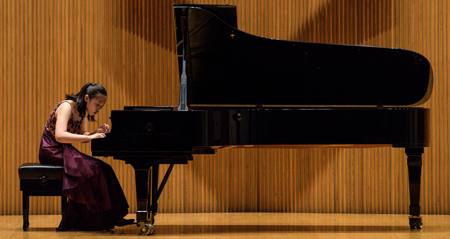
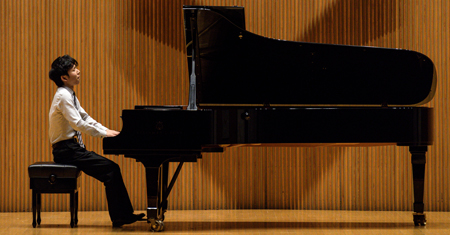
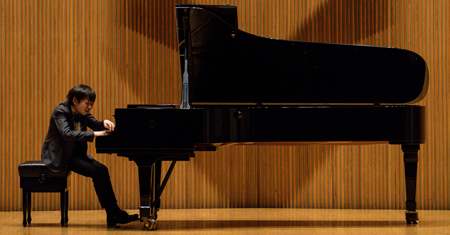
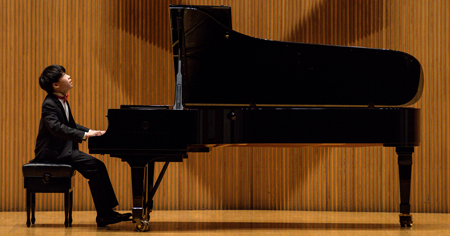
After a pause for deliberations, the jury returned to award sixth place to Clayton Stephens, fifth place to Andrew Li, and fourth place to Chaewon Kim. The audience prize went to Nathan Lee.
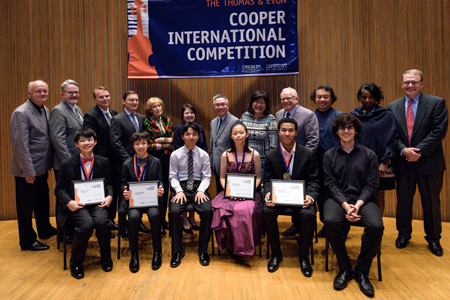
Photos by Yevhen Gulenko.
Published on ClevelandClassical.com July 22, 2016.
Click here for a printable copy of this article


